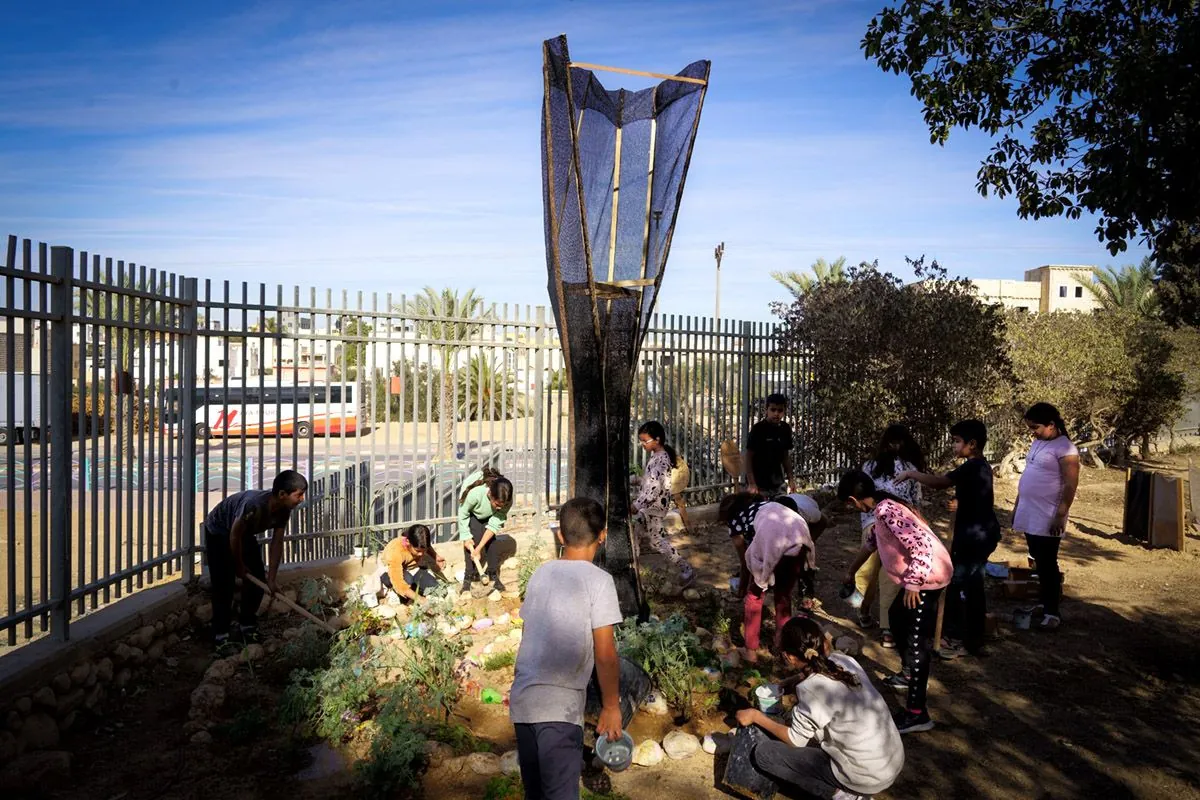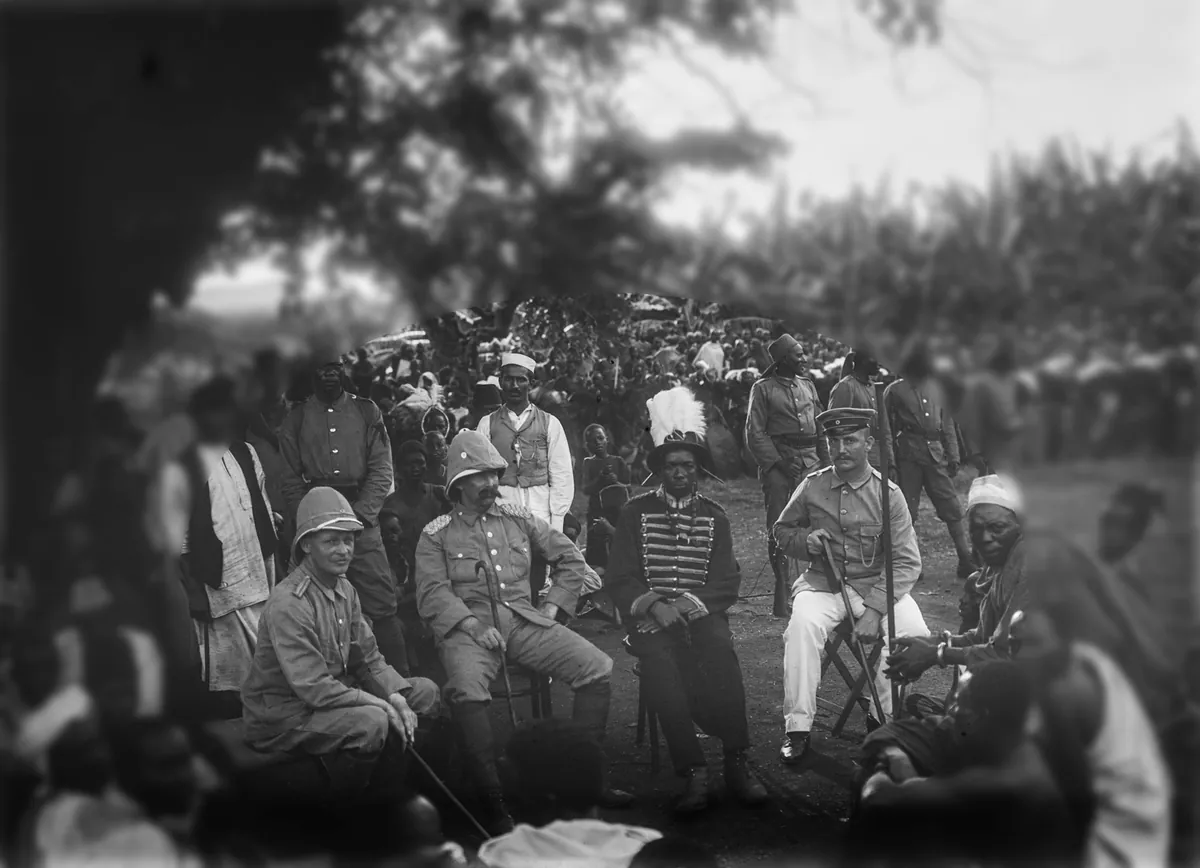Civil Society's Struggle Against Far-Right in Eastern Germany
Schorfheide's vibrant community engagement contrasts with rising AfD support, highlighting the complex challenge of countering far-right influence in eastern Germany through civil society initiatives.

In the picturesque municipality of Schorfheide, located in Brandenburg, eastern Germany, a unique community event unfolds. The Schorfheide Breakfast, an annual gathering, showcases the vibrant local civil society. Dozens of volunteer organizations line the cobbled streets, offering homemade treats and information about their activities. This scene of community engagement stands in stark contrast to the political undercurrents sweeping through the region.
As Brandenburg prepares for elections on September 22, 2024, the far-right Alternative for Germany (AfD) party is poised for significant gains. This trend mirrors recent electoral successes in neighboring eastern states, raising concerns about the stability of Germany's postwar democracy.
Civil society initiatives have long been touted as a bulwark against extremism. George Soros, founder of the Open Society Foundations, and the European Union have championed grassroots engagement as a means to strengthen social cohesion and democratic values. In Schorfheide, this approach has shown promise.
Peggy Sydow, a local official, proudly states, "At the Schorfheide Breakfasts we show [the hard right] that these are our streets and spaces." The municipality boasts over 50 civic groups and a rich cultural calendar, evidence of a thriving community spirit.
However, Schorfheide's journey hasn't been without challenges. In 2008, a neo-Nazi family moved to the area, establishing an outdoor venue for extremist concerts. The community, aided by the Brandenburg section of the Mobile Counseling Teams Against Right-Wing Extremism (MBR), responded by intensifying civic engagement and using legal means to counter the neo-Nazi presence.

Despite these efforts, the recent European Parliament election revealed a troubling trend. The AfD secured 31% of Schorfheide's votes, surpassing the average for Brandenburg and eastern Germany. This disconnect between vibrant civil society and voting patterns highlights the complex nature of the challenge.
Markus Klein of the MBR Brandenburg offers insight: "In the EU election, the AfD vote was a symbolic protest. But in [local elections], they stuck with the local politicians who they knew could get things done."
Recognizing the importance of civil society, the German government has implemented programs like Demokratie Leben! (Live Democracy!), allocating 182 million euros in 2023 to strengthen democracy and diversity nationwide. However, the effectiveness of such initiatives in curbing the rise of far-right parties remains questionable.
Sociologist Steffen Mau suggests that while eastern Germans generally support democracy, they feel disconnected from western German political parties. This sentiment is reflected in Schorfheide's voting patterns, where local initiatives often outperform traditional parties.
"The far right barely has a presence here. Until this year, the 18-person Schorfheide municipal council never had a single extreme right member."
As Germany grapples with the rise of the far-right, it's becoming clear that a one-size-fits-all approach is insufficient. The success of civil society initiatives in places like Schorfheide demonstrates their value, but also their limitations. To truly address the concerns of eastern German voters, political leaders must prioritize local issues and faces, adapting their strategies to the unique context of the region.
The message from eastern Germany is clear: think locally, or risk being left behind. As the country approaches future elections, the interplay between grassroots democracy and national politics will undoubtedly shape the political landscape for years to come.


































